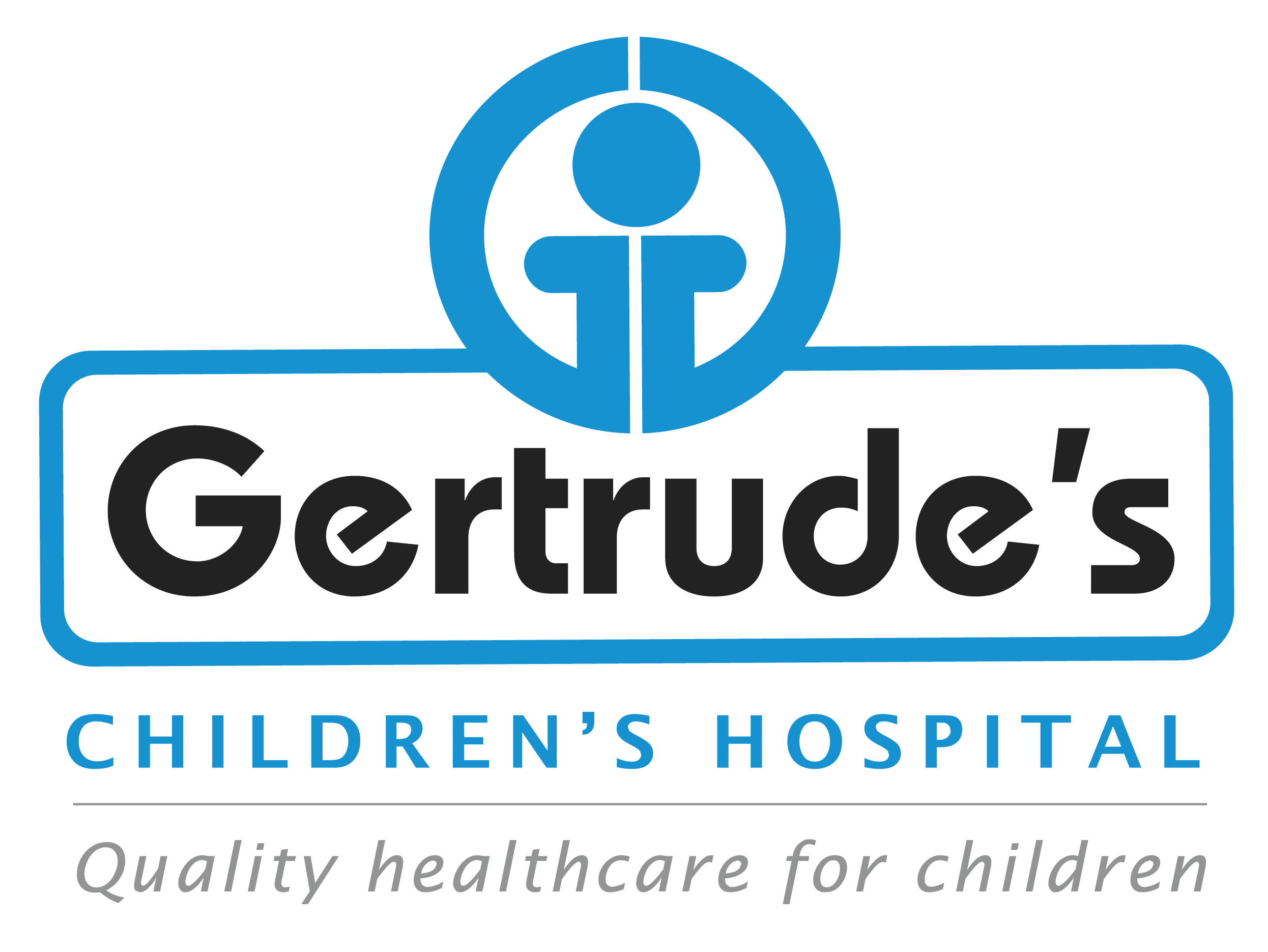Tooth decay, also known as cavities or dental caries, is damage to the hard outer layer of a tooth (enamel) caused by harmful bacteria. These bacteria feed on sugar from food and drinks, producing acids that attack the tooth surface. Over time, this can lead to holes in the teeth, pain, and infection if untreated.
Symptoms
Here are some signs to watch for in children:
• Tooth sensitivity to hot, cold, or sweet foods
• Visible holes or pits in the teeth
• White, brown, or black spots on the tooth surface
• Toothache or discomfort while eating
• Swelling or redness in the gums near the affected tooth
• Tooth sensitivity to hot, cold, or sweet foods
• Visible holes or pits in the teeth
• White, brown, or black spots on the tooth surface
• Toothache or discomfort while eating
• Swelling or redness in the gums near the affected tooth
Causes
Tooth decay can happen when:
• Sugary or starchy foods and drinks linger in the mouth
• Poor brushing or flossing habits allow plaque (a sticky film of bacteria) to build up on the teeth
• Saliva flow is reduced, which can occur with dehydration or certain medications
• Parents or caregivers transfer cavity-causing bacteria to children (e.g., sharing utensils)
• Sugary or starchy foods and drinks linger in the mouth
• Poor brushing or flossing habits allow plaque (a sticky film of bacteria) to build up on the teeth
• Saliva flow is reduced, which can occur with dehydration or certain medications
• Parents or caregivers transfer cavity-causing bacteria to children (e.g., sharing utensils)
Diagnosis
Our pediatric dental team will:
• Perform a thorough oral examination to check for signs of decay
• Use dental X-rays (safe, low-dose imaging) to identify cavities that aren’t visible to the eye
• Assess the child’s dental and dietary habits to determine risk factors
• Perform a thorough oral examination to check for signs of decay
• Use dental X-rays (safe, low-dose imaging) to identify cavities that aren’t visible to the eye
• Assess the child’s dental and dietary habits to determine risk factors
Treatment Options
At Gertrude’s Children’s Hospital, we provide tailored treatment options for children with tooth decay, including:
• Fluoride treatments: These can reverse early decay by strengthening enamel.
• Dental fillings: For repairing small to moderate cavities using safe, tooth-colored materials.
• Crowns: To protect severely damaged teeth and restore their function.
• Pulp therapy: For deep cavities affecting the inner part of the tooth (pulp).
• Tooth extractions: Only when necessary, to prevent infection or damage to surrounding teeth.
Our child-friendly dental clinic ensures a comfortable, positive experience for children during treatment.
• Fluoride treatments: These can reverse early decay by strengthening enamel.
• Dental fillings: For repairing small to moderate cavities using safe, tooth-colored materials.
• Crowns: To protect severely damaged teeth and restore their function.
• Pulp therapy: For deep cavities affecting the inner part of the tooth (pulp).
• Tooth extractions: Only when necessary, to prevent infection or damage to surrounding teeth.
Our child-friendly dental clinic ensures a comfortable, positive experience for children during treatment.
Frequently Asked Questions
Q: How can I prevent tooth decay in my child?
A: Encourage regular brushing with fluoride toothpaste, limit sugary snacks, and schedule routine dental check-ups.
Q: Is tooth decay in baby teeth a big deal?
A: Yes! Untreated decay can cause pain, infection, and even affect the development of adult teeth.
Q: At what age should I take my child to the dentist?
A: The first dental visit should be by age one or within six months of the first tooth erupting.
Contact
Please feel free to contact us with any general or medical enquiry by calling us.





